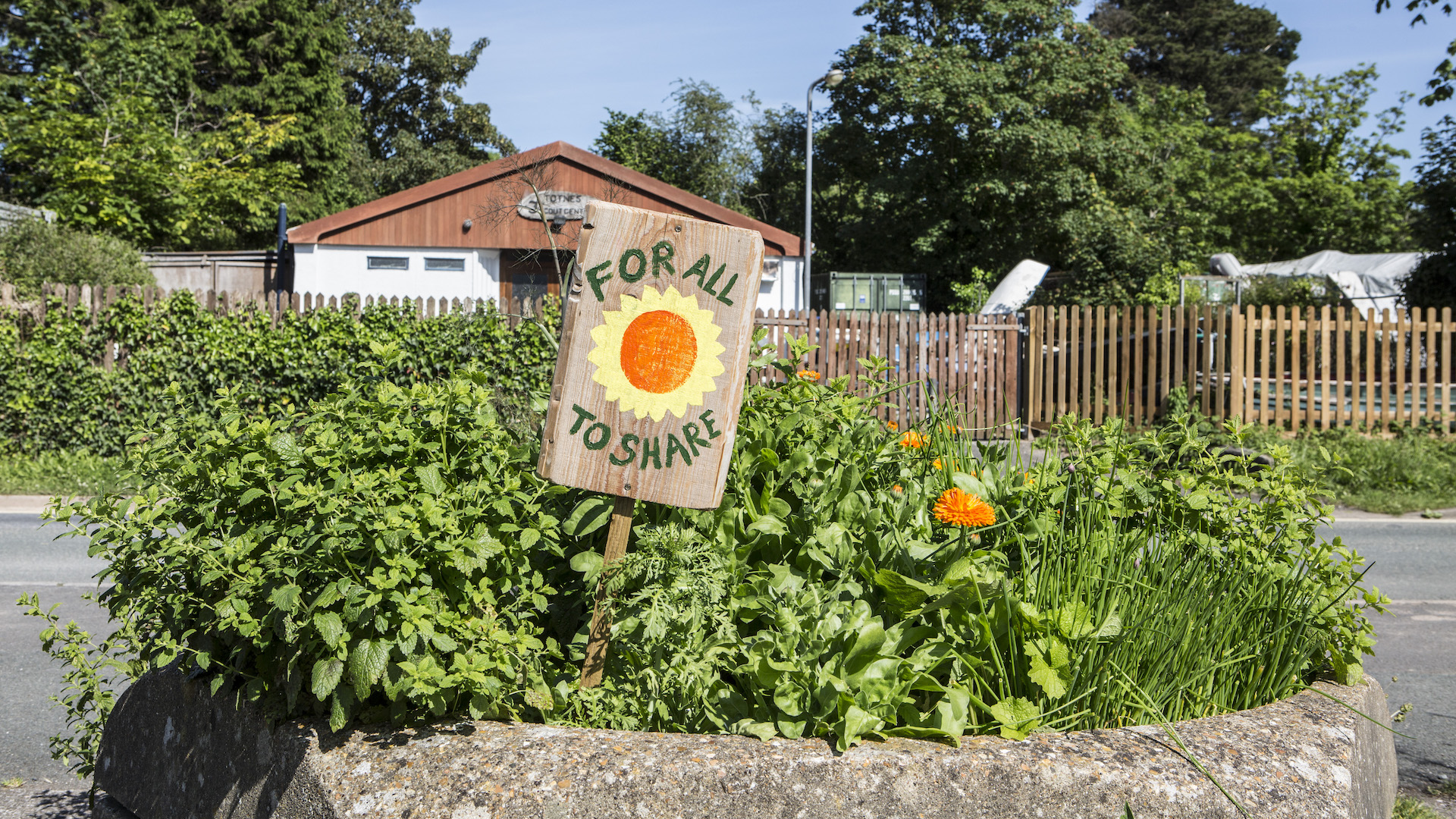But by some estimates, there are six times the number of empty homes than there are homeless people around the world, further proof that homelessness is a problem that can be solved, if we have the political and social will to share resources.
Food poverty is yet another example. Some 1.3 billion tonnes of food, a third of all that is manufactured, is wasted globally each year. By 2012 we were already producing enough surplus food to feed 10 billion people worldwide. Food sharing could end world hunger that kills 36 million a year.
According to WRAP, the Waste & Resources Action Programme, more than 270,000 tonnes of food fit for consumption is wasted each year. That’s the equivalent of 20 plates of food per second — food that could be diverted to the 8.6 million people in the UK living in food poverty.
So what can be done? If sharing has the potential to save people and planet, how can the sharing economy help us ride out the recession in practice?
Over the last year, charity FareShare has redistributed surplus food contributing to 57.3 million meals, tackling food poverty and food waste and saving the charity sector £14.1 million.
Advertising helps fund Big Issue’s mission to end poverty
The benefits, potential and opportunities of the sharing economy are clear. What’s needed is the political and social will
Free food sharing apps such as Olio allow people to easily and safely share food with others. To date, over 2.3 million people have joined Olio, sharing over 6.5 million portions of good food that would have needlessly been wasted.
Then there’s clothing. In the UK alone, we have more than £30 billion worth of unworn clothes sitting in our wardrobes, according to sustainability organisation WRAP, and that was estimated in 2012.
By sharing, swapping, recycling and reusing clothing, not only do we provide enough to go around, we save thousands of gallons of water it takes to manufacture a single T-shirt and a pair of jeans and over 2.5 billion tonnes of waste water from the fashion industry each year.
Indeed, the impact of sharing goes far beyond those living in poverty. In a sharing economy the planet benefits and so does society at large. Life expectancy is longer, infant mortality is lower and overall health and wellbeing is greater in countries where resources are more equally shared.
As the numbers show, the benefits, potential and opportunities of the sharing economy are clear. What’s needed is the political and social will. And where there’s a will, there’s a way.
Benita Matofska is a speaker, social change expert, founder of People Who Share and the author of Generation Share: The Changemakers Building the Sharing Economy.
Advertising helps fund Big Issue’s mission to end poverty
The Big Issue is fighting the unemployment crisis through the Ride Out Recession Alliance, bringing together the most innovative ideas and experts to help keep people in work and in their homes during the recession.
Get in touch to tell your story or offer ideas to support those in need by emailing rora@bigissue.com.
Image credit: Sophie Sheinwald for Generation Share.










